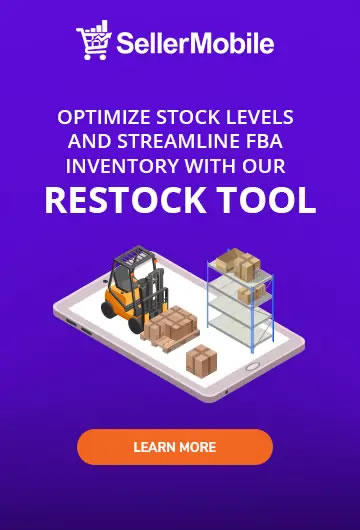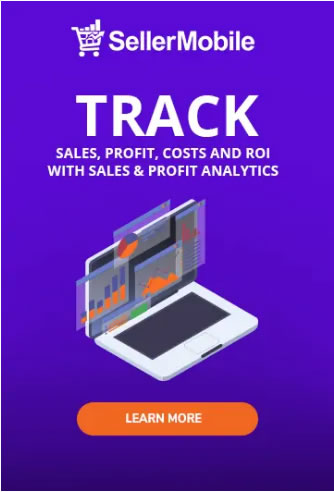A massive amount of funding from the U.S. government will be allocated to support the U.S. economy, workers, small business owners and industries affected by the COVID-19 pandemic.
The $2 trillion coronavirus stimulus package, officially known as the Coronavirus Aid, Relief and Economic Security (or CARES Act), includes sending direct cash payments of up to $1200 to qualified individuals, pushing back the tax deadline and expanding unemployment benefits.
The stimulus package also includes funds for health care providers and assistance for those with student loans knocked back by the coronavirus disease.
Coronavirus Stimulus Package for Small Business Owners
The package authorizes the Small Business Administration (SBA) to provide small businesses with 100% guarantees for up to $349 billion in loans so they can cover payroll, rent and other bills. Called the Paycheck Protection Program, the loan program is designed to get cash into the hands of suffering small business owners quickly, with less red tape and fewer guardrails than the SBA’s existing loan programs. The program will be available through June 30, 2020 and lenders may begin processing loan applications as soon as April 3, 2020.
According to policy experts, small business owners who have been hard hit by the pandemic will be supported by the stimulus package in the following ways:
- They will receive a forgivable loan program if they retain employees on the payroll for eight weeks and pay overhead costs such as payroll, rent, mortgage interest and utilities. Yes, you don’t have to pay back 100% of the money you borrowed as long as you use it to maintain payrolls at about the same levels as before the coronavirus pandemic.
- Any amount you are not able to use for payroll and overhead costs becomes a 2-year loan, with an interest rate of not more than .5 percent.
- Loan payments are deferred at least six months and include a 10-year term with interest capped at 4%.
- There will be no collateral or personal guarantees required. Neither the government nor lenders will charge small businesses any fees.
- Related expenses such as health and retirement benefits as well as parental, family, medical and sick leaves are covered by forgivable loans.
How to be Eligible for the Coronavirus Stimulus Package
Here are the types of businesses that are qualified to apply for the loan program.
- Small businesses with 500 or fewer employees – including sole proprietorships, independent contractors and self-employed individuals – that was running as of February 15 and has been negatively impacted by coronavirus.
- Private non-profit organizations
- 501(c)(19) veterans organizations affected by coronavirus
- Businesses in certain industries that have more than 500 employees that meet the SBA’s size standards for those industries
How to Apply for the Coronavirus Stimulus Package
If you wish to start the loan application, here are the suggested paperwork you need to pull together:
- Proof you were in business before Feb. 15
- Proof you had employees or payroll
- Load calculation based on Payroll
- Tax return
- EIN documentation
- Payroll tax return
Once you have them prepared, contact your bank or an approved lending institution so you can begin the application process. If you don’t have a current banking relationship or your bank is not an SBA-approved lender, you may contact SBA to find one.
For more information and to see a sample application form, visit U.S. Small Business Administration website.






